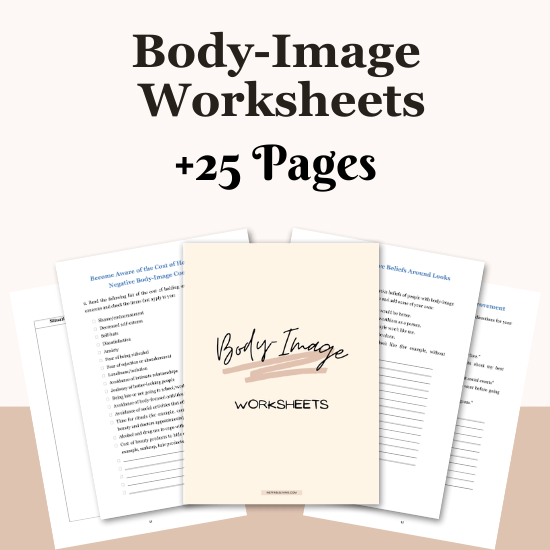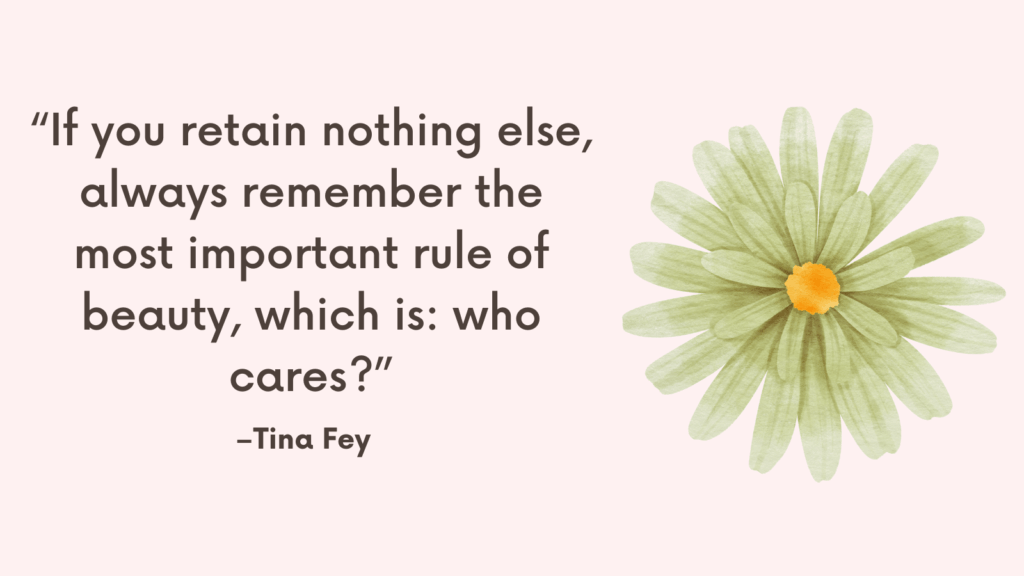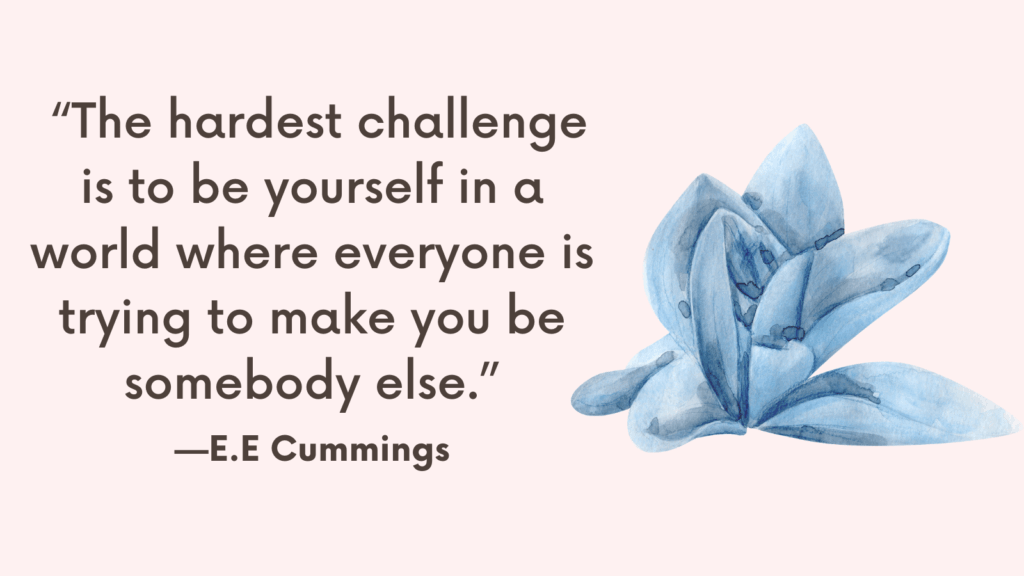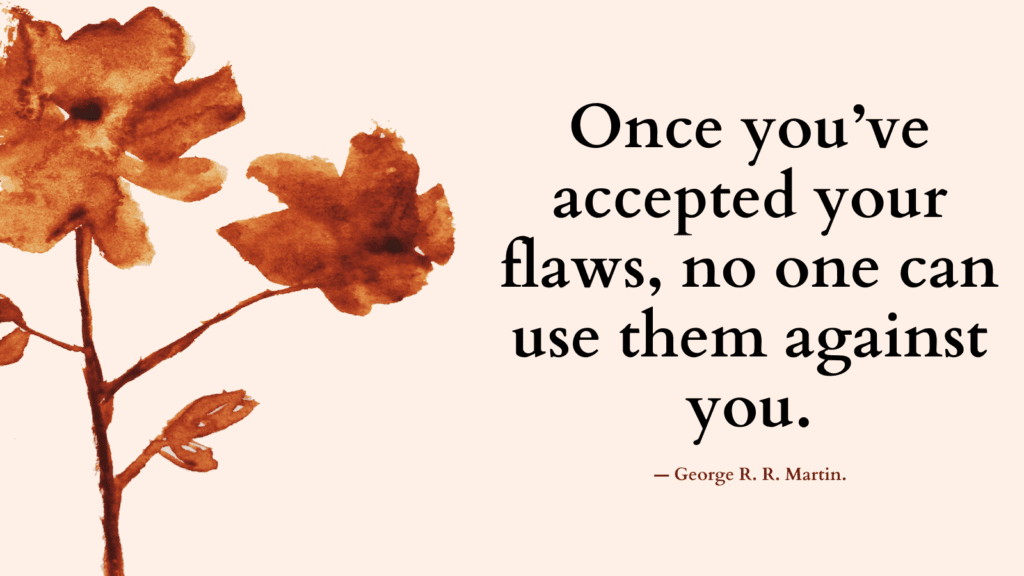Social media can be inspiring — but it can also quietly tear down your self-worth, especially when it comes to body image. With every scroll, you’re bombarded with filtered selfies, “what I eat in a day” videos, workout routines, and body transformation posts. Even when you know it’s curated, it can still feel like you’re not enough.
You don’t have to quit social media to protect your self-worth. But you do need tools to stay grounded in reality — not comparison.
Here’s how to protect your body image online without disconnecting from the digital world.
How Social Media Impacts Body Image
- Filters and edits create impossible standards
- “Perfect” feeds trigger comparison and body dissatisfaction
- Before-and-after photos reinforce the idea that thinner = better
- Diet culture content promotes restriction and shame disguised as health
- Influencer aesthetics can lead to chasing unattainable ideals
Even when you know something is fake, your brain can still absorb it as real.
Why It’s So Easy to Feel “Less Than”
Social media runs on visuals and engagement. Posts that look polished, curated, and conventionally attractive often get the most likes — reinforcing narrow beauty norms. Over time, this can distort your sense of what’s “normal” or acceptable.
You might start thinking:
- “I should look like that by now.”
- “Everyone else has the perfect body.”
- “If I looked better, I’d be happier too.”
This kind of thinking chips away at self-worth — even in silence.
Related: Positive Body Image Quiz
Signs Social Media Is Hurting Your Body Image
- You constantly compare your body to others
- You feel worse about yourself after scrolling
- You edit or retouch every photo before posting
- You avoid being in photos altogether
- You feel pressure to change your body to gain approval
If you notice these signs, it’s time to reset your relationship with your feed.
Social Media and Body Image: How to Protect Your Self-Worth Online?
1. Curate Your Feed Intentionally
Unfollow accounts that:
- Make you feel like your body is a problem to be fixed
- Promote unrealistic beauty standards or diet culture
- Trigger obsessive thoughts or comparison
Follow accounts that:
- Show diverse, real bodies
- Normalize imperfections and body changes
- Focus on health, joy, and self-respect — not appearance
Your feed should reflect the world as it really is — not a fantasy version filtered through insecurity.
Related: What Is A Distorted Self Image & How To Build A Positive One?
2. Notice How You Feel While You Scroll
Pay attention to what happens in your body and mind as you use social media:
- Do you feel inspired or defeated?
- Are you more anxious or self-critical afterward?
- Are you spiraling into comparison or shame?
If certain content consistently makes you feel worse about yourself, it’s okay — and necessary — to mute or unfollow.
3. Replace Comparison With Curiosity
When you catch yourself thinking “Why don’t I look like that?” try reframing it:
- “What filters or angles might be used here?”
- “How do I want to feel in my body — not look?”
- “What does my body do for me that I’m grateful for?”
Curiosity creates distance between your worth and someone else’s highlight reel.
4. Set Boundaries With Your Screen Time
Give yourself breaks from the constant noise:
- Use time limits or app blockers
- Have screen-free mornings or nights
- Log off when you notice comparison creeping in
You don’t have to absorb everything. Protect your peace by choosing when and how you engage.
Related: Top 5 Body Dysmorphia Exercises (Cognitive Behavioral Therapy For BDD)
5. Challenge the Algorithm’s Influence
What you interact with shapes what you see. So:
- Stop liking or clicking on body-obsessed content
- Engage more with neutral or body-positive creators
- Report ads that promote disordered thinking or unrealistic standards
You can teach the algorithm what you want — not what it wants to sell you.
6. Practice Body Neutrality While Online
Instead of focusing on how you look, remind yourself:
- “My body is not my worth.”
- “I don’t have to love my appearance to be enough.”
- “I choose to focus on how I feel, not how I compare.”
Body neutrality is a powerful mindset when scrolling through image-driven platforms.
7. Post With Intention, Not Pressure
Ask yourself:
- Am I posting this to seek validation?
- Am I editing this to hide who I really am?
- Can I be honest, even if I’m imperfect?
There’s nothing wrong with sharing selfies — just check in with your why.
Related: Body-Focused Repetitive Behaviors: Skin Picking and Hair Pulling
8. Talk About It
If social media messes with your body image, you’re not alone. Talk to friends, a therapist, or support groups. Bringing your feelings into the open breaks the shame and reminds you: this is a system problem, not a personal flaw.

Conclusion
Social media isn’t real life — it’s a highlight reel shaped by filters, trends, and algorithms. You don’t have to delete your apps to protect your self-worth. But you do need boundaries, awareness, and compassion.
Your body is not a brand. Your appearance is not a performance. You are more than the angles, likes, and pixels. And you never need to shrink yourself to fit into someone else’s screen.



